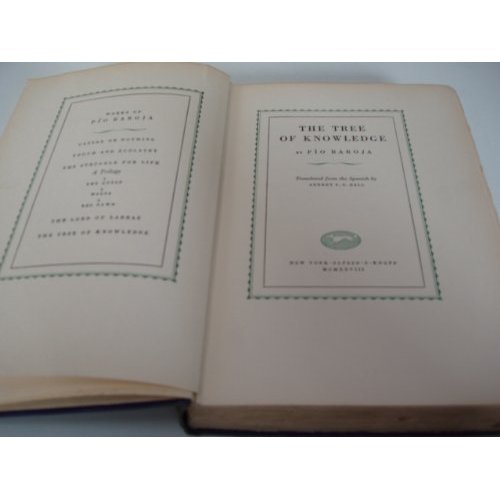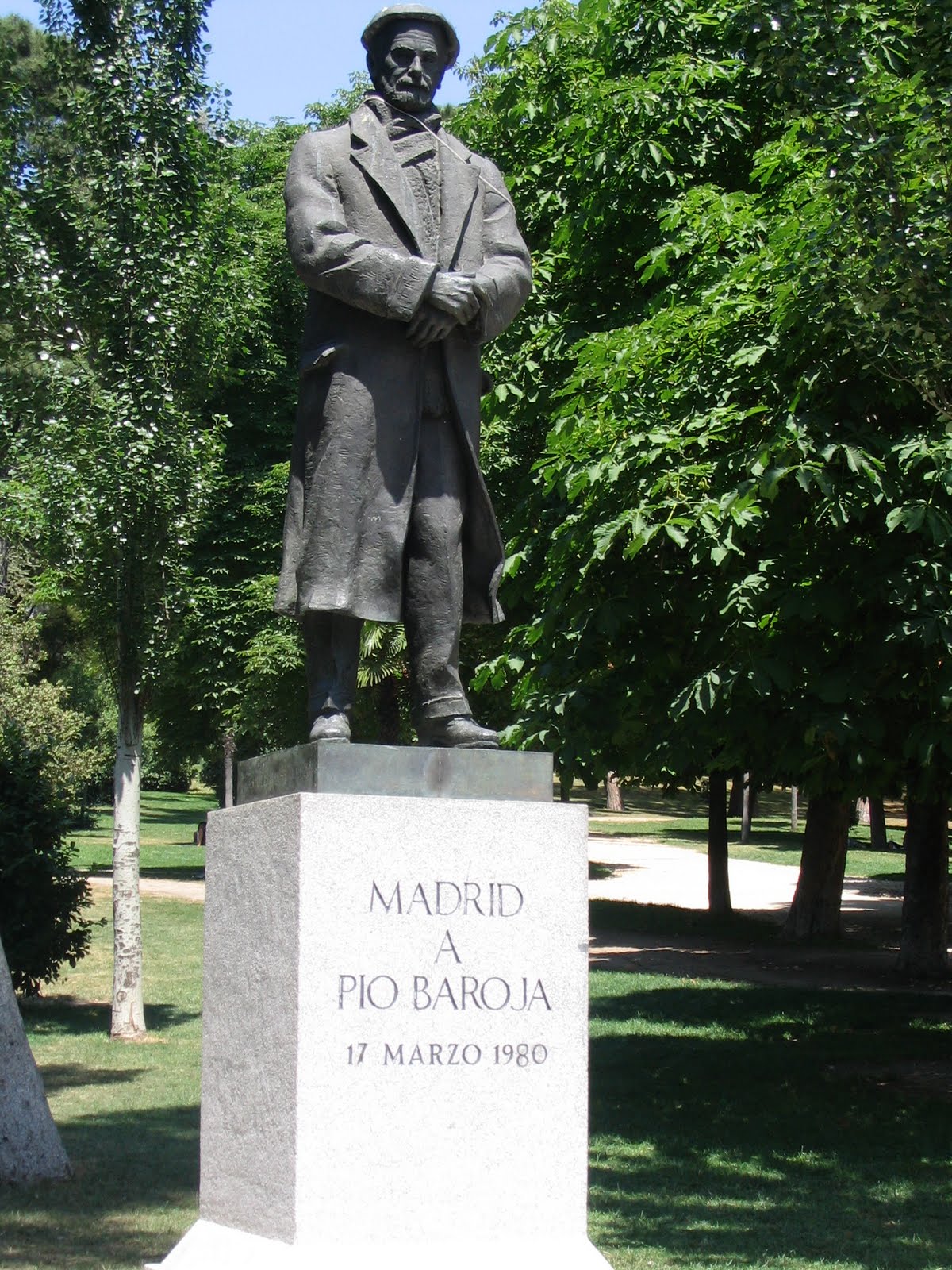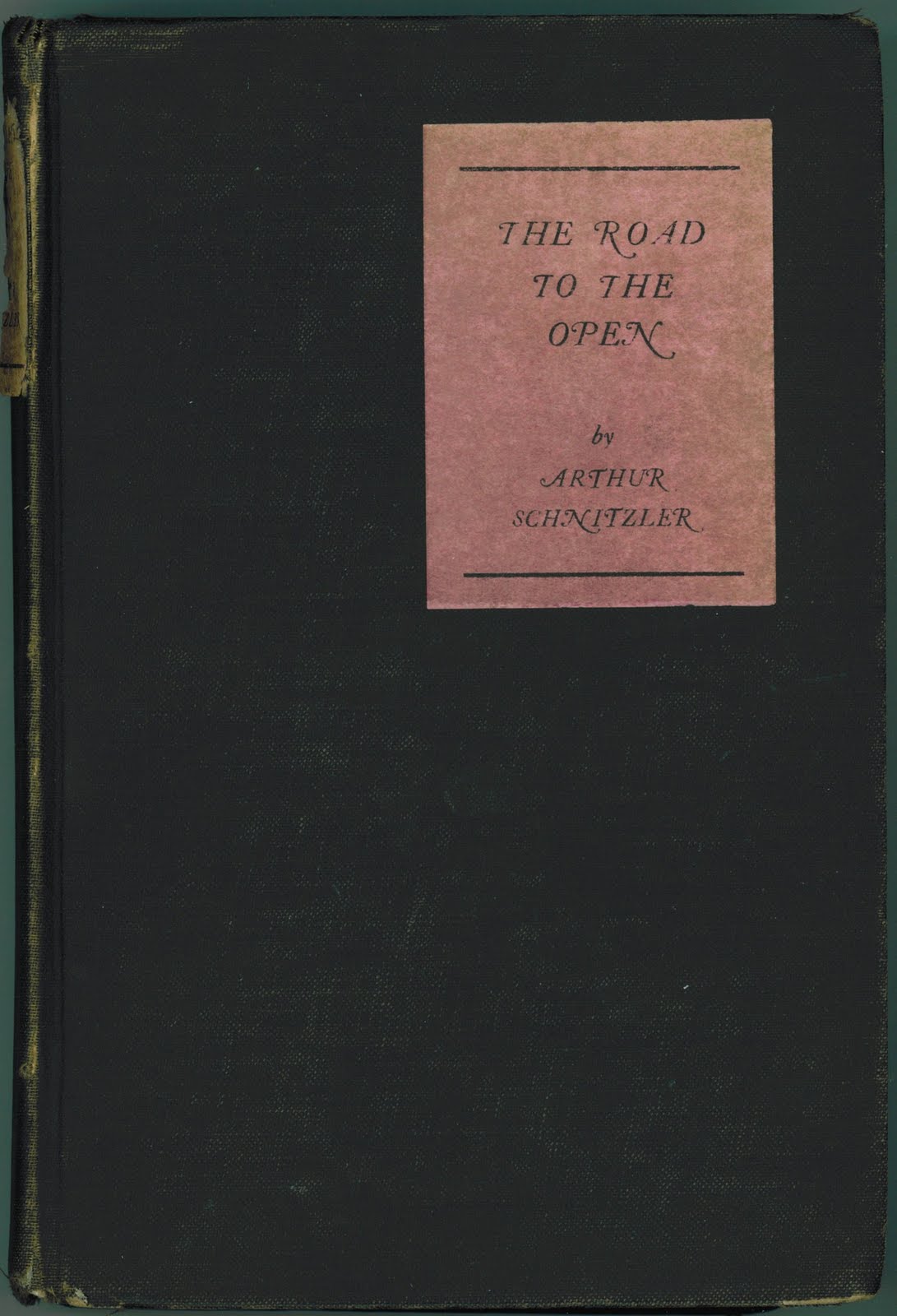My thoughts stray to the many books I want to read or themes I want to explore, causing me to lose focus on what I planned on reading. Since the year is half gone, I thought it a good time to refocus on what I want to accomplish by the end of the year. I […]
Category: Uncategorized
All quotes and references are from The Landmark Arrian: The Campaigns of Alexander (translation by Pamela Mensch) unless noted. As I mentioned in an earlier post, the paradoxical figure of Alexander continues to emerge in Book Three. I wanted to look a little at Alexander’s relationship with the Greeks, leading to the dismissal of Greek […]
“Alexander deserves the glory which he has enjoyed for so many centuries and among all nations; but what if he had been beaten at Arbela [Gaugamela] having the Euphrates, the Tigris, and the deserts in his rear, without any strong places of refuge, nine hundred leagues from Macedonia?” Napoleon, from The Fifteen Decisive Battles of […]
Green: A song for someone aspiring to be an ordinary god may still strike a chord with those of us aspiring to something less. Then again, it may simply be a reminder of having to mow around a grandparent’s fig tree in the heat of an Alabama summer. And wishing I had sampled more of […]
Book Three sees several changes in Alexander’s administrative choices and style. To date, most of the officers installed by Alexander as he marched through Ionia and the Levant have been Macedonians friends or trustees. The exceptions in the first two books, such as Queen Ada who had surrendered Alinda and “adopted” Alexander (1.23.7-8), stand out […]
Chapters 3 and 4 of Book Three cover Alexander’s visit to the shrine of Ammon, but questions raised by this trip linger long after the close of these chapters. Even though Arrian provides detail about the journey, full of marvels and supernatural events, his list of Alexander’s motivations and the uncertainty of the trip’s results […]
The remarkable events I’m going to chronicle here would likely never have unfolded, in 1917, if young Dr. John Brinkley had not been hired as house doctor at the Swift meatpacking company, located in Kansas. He was dazzled by the vigorous mating activities of the goats destined for the slaughterhouse. A couple of years later, […]
“Sightseeing is the art of disappointment.” Robert Louis Stevenson (incorrect in this instance) in The Silverado Squatters Left side: This tablet placed by the Club Women of Napa County marks the site of the cabin occupied in 1880 by Robert Louis Stevenson and bride while he wrote The Silverado Squatters.Right side: “Doomed to know not […]
Title page of The Tree of Knowledge by Pio Baroja, translated by Aubrey F. G. Bell (Alfred A. Knopf, 1928)Posts on the novel: (Part 1) The nose of a cockatoo and more years than the oldest of parrots (Parts 2 – 3) Charity seemed to have fled from the world (Part 4) Interlude (Parts 5 […]
This post follows the final three parts of The Tree of Knowledge: Part Five (“A Provincial Experiment”), Part Six (”Experiences at Madrid”), and Part Seven (“A Son”). All quotes from the text use The Tree of Knowledge by Pio Baroja, translated by Aubrey F. G. Bell (Alfred A. Knopf, 1928). I’ll copy the summary of […]
Baroja abruptly halts the storyline at Part Four (“Inquiries”) in order to have a brief philosophical interlude. Andrés Hurtado and his uncle Iturrioz discuss different approaches on how to view life. All quotes are from The Tree of Knowledge by Pio Baroja, translated by Aubrey F. G. Bell (Alfred A. Knopf, 1928). To date, Andrés […]
Parts Two (“The Minglanillas”) and Three (“Sadness and Sorrow”) round out the medical student days of Andrés Hurtado. We follow him through his fourth and final year at medical school, his first (temporary) position in the country, and the care and death of his younger brother. All quotes are from The Tree of Knowledge by […]
Bronze statue of Pío Baroja (1872–1956) Picture source In looking at my sidebar on books I have reviewed, I see a disproportionate number by Pío Baroja and this post begins another book by him. Part of the reason has to do with limited information in English on Baroja and I have wanted to find out […]
Back home and back to work today after a week away. I avoided internet access while away so I have a lot piled up. I hope to get back to a semi-normal posting schedule next week (depending on work). The only book I read while I was away was Charles Hill’s Grand Strategies: Literature, Statecraft […]
Previous posts on The Road to the Open: Fin-de-siècle Vienna My art is mediocre and so is my character Grotesque and repulsive peculiarities The version of the book I read was the translation by Horace Samuel, which can be found here. (Note that a couple of pages are missing in the scan) I’ve finally finished […]
Even though I’ve only been able to read through Chapter 4 of The Road to the Open by Arthur Schnitzler I’m thoroughly enjoying it. Schnitzler paints a complex and conflicted portrait of fin-de-siècle Vienna. People defer to the main character, George von Wergenthin-Recco, because of his title yet he feels out of place in either […]
The Cross Garden of Prattville, AL (photo by Seymour Rosen; picture source) I’ve got nothing today so I thought I would pass on a picture of the late W.C. Rice’s Cross Garden in Prattville, Alabama. I haven’t been by the cross garden in over 20 years but I’ve been following developments through its Facebook page. […]
I just finished the first chapter of Arthur Schnitzler’s The Road to the Open and I’m enjoying the immersion into the world of early 1900s Vienna. “Enjoy” might not be the right word, though, since the world he describes can be a brutal place, especially for Jews. Anti-Semitism permeates society, as one character adroitly decries […]
I’m not sure what my posting schedule will be like the next few weeks. Work is going to take most of my time and I’ll be travelling with the family when I can, so posting will be hit or miss depending on time and access. I enjoy writing about what I read because it makes […]
All quotes are from The Landmark Arrian: The Campaigns of Alexander, translation by Pamela Mensch. Many signs and divinations appear throughout Arrian’s account of Alexander’s campaigns. The seer Aristrandros interprets the omens extremely well, at least according to Arrian. Factor in Alexander’s insistence on propitiating the gods, before and after an action, and you have […]



